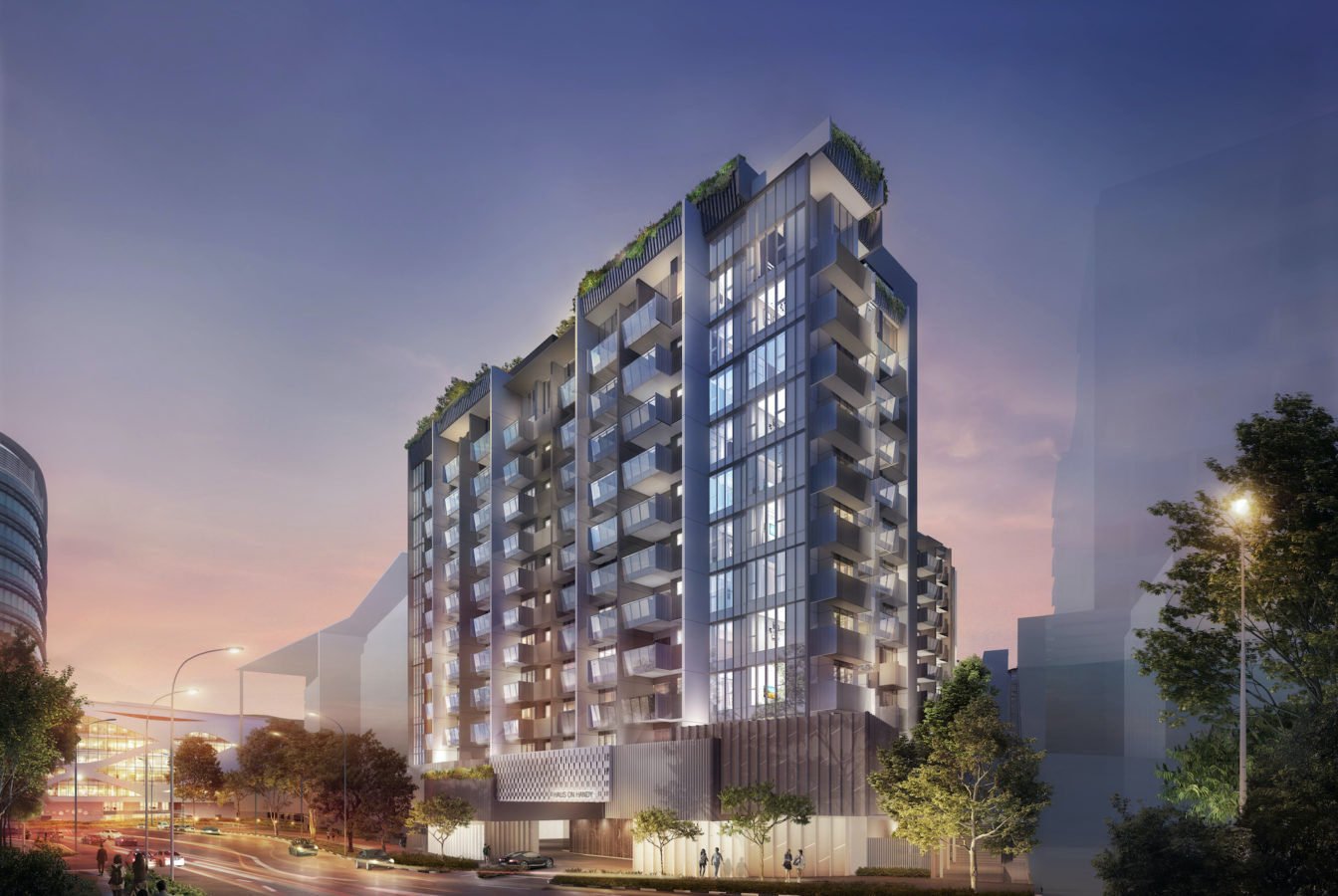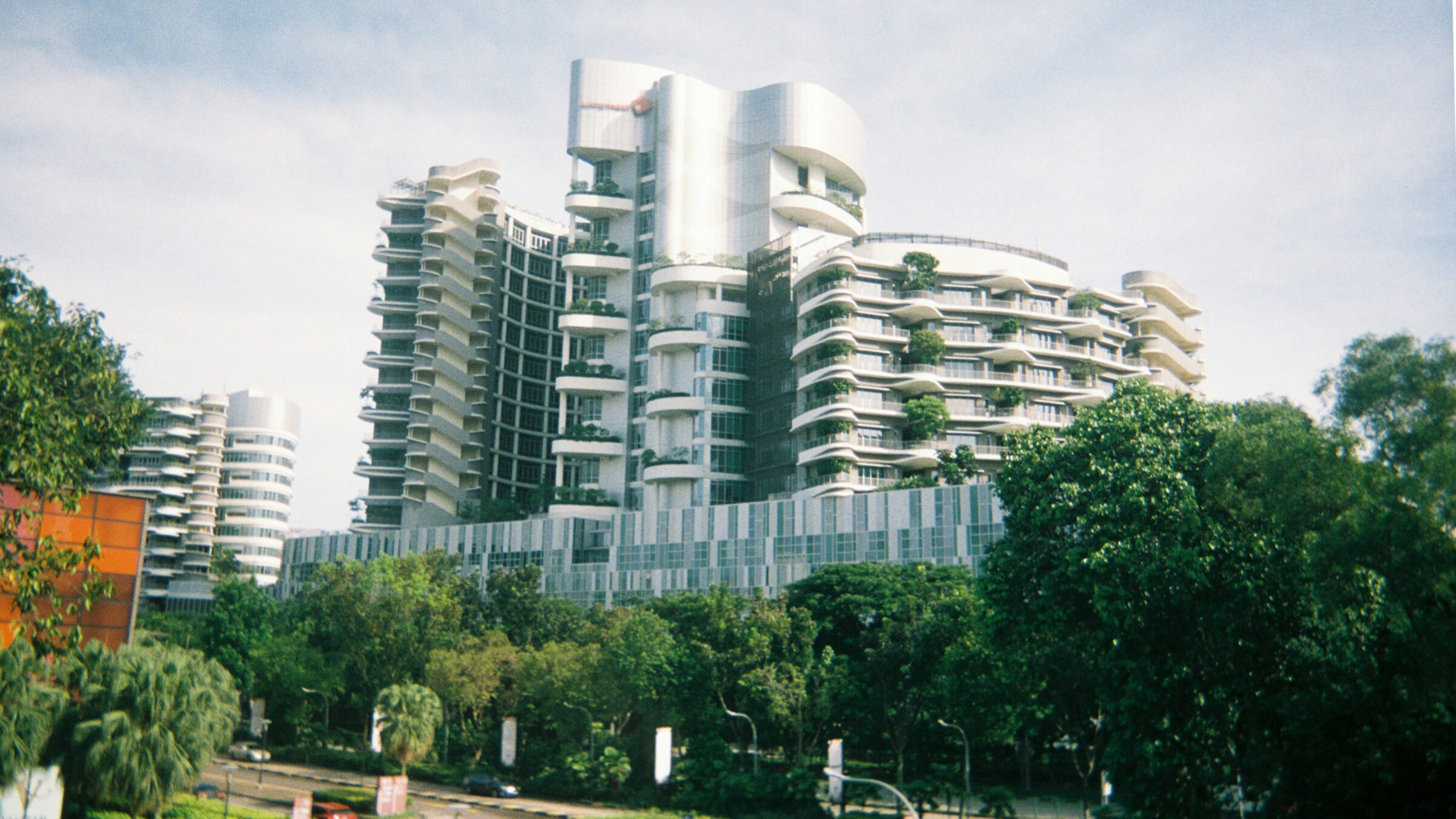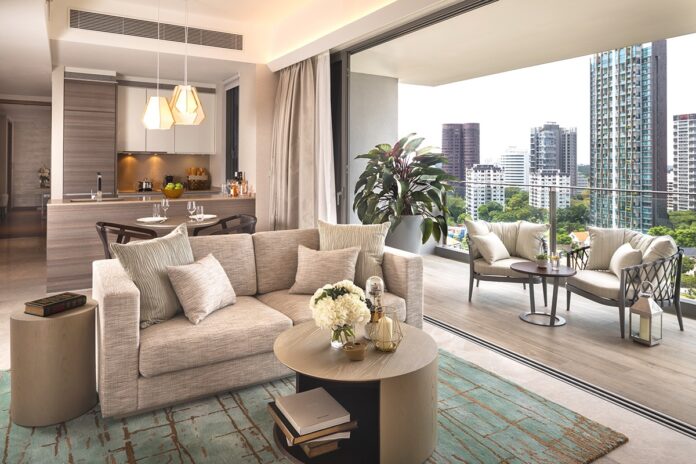Singapore’s property market continues to attract global investors for its stability, transparency, and strong returns. As one of Asia’s most trusted investment destinations, the city-state offers a highly structured yet investor-friendly environment for those seeking to purchase real estate.
While regulations are carefully designed to maintain market balance, international buyers still find plenty of opportunities—especially in luxury condominiums and long-term developments. One such example is Thomson Modern, a project that reflects the kind of design, location, and quality foreign investors value most.
1. Understanding Property Ownership Rules for Foreigners

Foreigners in Singapore can freely purchase private condominiums, strata-titled apartments, and commercial properties without special approval. However, restrictions apply to landed properties such as bungalows or terrace houses, which require government consent under the Residential Property Act.
This means that most foreign investors focus on condominiums and high-rise developments, where ownership is straightforward and supported by a robust legal framework. Titles are clearly documented, and transactions are processed securely through regulated legal and banking systems.
Singapore’s government maintains these measures to ensure a healthy balance between foreign participation and housing affordability. Despite the added taxes and cooling measures, demand from international investors remains strong because of the country’s clear ownership structure and long-term property value stability.
2. Additional Costs and Taxes for Foreign Investors

When purchasing property in Singapore, foreign buyers should be aware of the Additional Buyer’s Stamp Duty (ABSD), which currently stands at 60% for non-resident foreigners. While this may seem steep, it reflects the government’s effort to maintain market stability and prevent speculative buying.
Despite this cost, investors continue to enter the market because Singapore’s real estate consistently outperforms in terms of capital preservation and rental yields. Prime developments, such as Thomson Modern, are especially appealing because they offer enduring value in highly sought-after areas close to transport, shopping, and business districts.
Other expenses to consider include legal fees, property tax, and maintenance charges. However, most high-end developments justify these costs through superior amenities, location, and architectural design that ensure long-term desirability.
3. Financing, Market Trends, and Investment Outlook

Foreign buyers typically face more stringent loan conditions than Singaporean citizens, with loan-to-value ratios capped at around 55%. Working with a local bank or financial advisor familiar with Singapore’s property regulations is highly recommended to navigate these requirements smoothly.
From an investment perspective, Singapore remains a top performer in Asia’s real estate sector. Political stability, transparent governance, and strong rental demand drive consistent growth even during global market slowdowns. For long-term investors, purchasing in well-established districts provides both rental income and capital appreciation.
Projects like Thomson Modern also demonstrate how innovation and sustainability enhance investment potential. Developments that integrate smart home technology, energy efficiency, and luxury amenities appeal to the modern buyer—both local and international. These qualities ensure that such properties remain attractive across market cycles.
Conclusion
Buying property in Singapore as a foreign investor requires understanding the rules, taxes, and financing conditions—but the rewards are significant. The market’s combination of security, liquidity, and prestige makes it one of the most desirable destinations for global investors.
Developments such as Thomson Modern represent the perfect opportunity: premium location, refined design, and long-term value backed by one of the world’s most stable economies. For those looking to invest in Asia’s real estate hub, Singapore offers not just property, but peace of mind.











